
Last week’s tragic garment factory collapse in Bangladesh was all too familiar. Textile workers operating in dismal conditions, paid painfully low wages, and pushed by an owner who brazenly flouted the rules lost their lives when their illegally constructed building collapsed. This scene could have occurred in China, Haiti, Pakistan, Sri Lanka, or any of the many poor countries where Western clothing is manufactured.
What was surprising about last week’s tragedy was not that it occurred. Western apparel companies such as Benetton and the Gap — as well as their customers — have long turned a blind eye to the abuses heaped on garment workers in poor countries. What was surprising was how vocal they were about this tragedy this time. Not only are companies debating whether to continue to operate in Bangladesh, but some such as Disney are actually pulling out.
So today’s puzzler is this: Why the sudden outcry about working conditions in Bangladesh? What is it about this case that is making retailers rethink their role in that country?
Answer to last week’s puzzler:
Last week I asked why North Koreans don’t rebel, given the level of deprivation they face. I’m going to go back to the basics to try to answer this one. In order for individuals to rebel against their government they need both the motive and the opportunity to do so. Some have argued that North Korean citizens do not have a motive to rebel because government controls on information have created a false consciousness amongst the population — North Korean citizens don’t know how badly they are doing relative to the rest of the world and have little motive to rebel as a result. I don’t buy this. Even the tightest controls and best propaganda machine cannot close citizens’ eyes to the suffering they see every day. People see when others are starving, and they know that it’s bad.
This leaves opportunity. In order to rebel, individuals must be able to overcome collective action problems, find funding and support, and then evade government repression and punishment. These three factors, I believe, help explain why North Koreans haven’t rebelled. I think the North Korean government has done a fairly good job convincing its citizens that any attempt to organize, let alone protest, would be met with severe punishment. It’s the government’s ability to take away people’s opportunity to rebel, or at least convince them that they would have no chance at success, that appears to deter action. This doesn’t mean that North Koreans will always be deterred from rebelling because of the fear of reprisals. But it does mean that they will likely remain quiet until bigger cracks emerge in the facade that is government power.
Still, this probably only explains part of the puzzle. I liked commenter Pauline’s argument about the distinction between rural and urban life in North Korea and the dampening effect this might have on rebellion. Also, it would be interesting to ponder the effect funding, or no funding, would have on rebellion. Most rebel movements obtain some funding and support from outside patrons. If North Koreans took to the streets and began to protest and these protests escalated to violence would anyone intervene on behalf of the rebels? My guess is no.

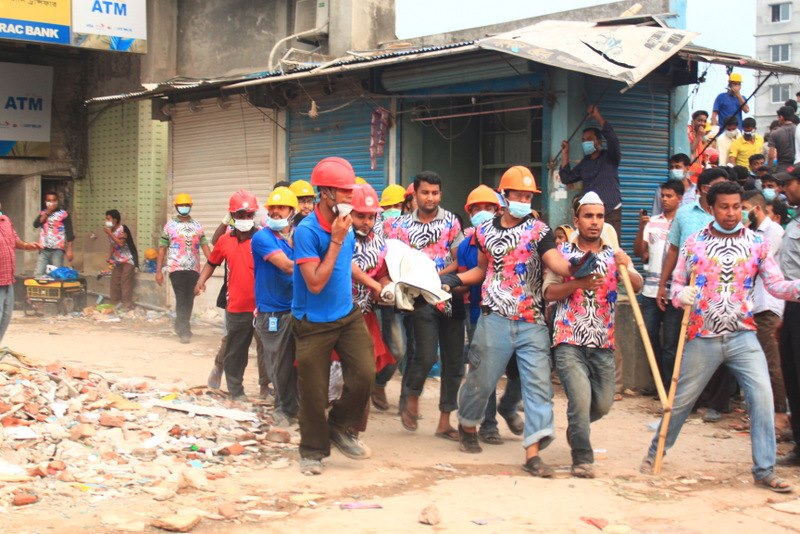
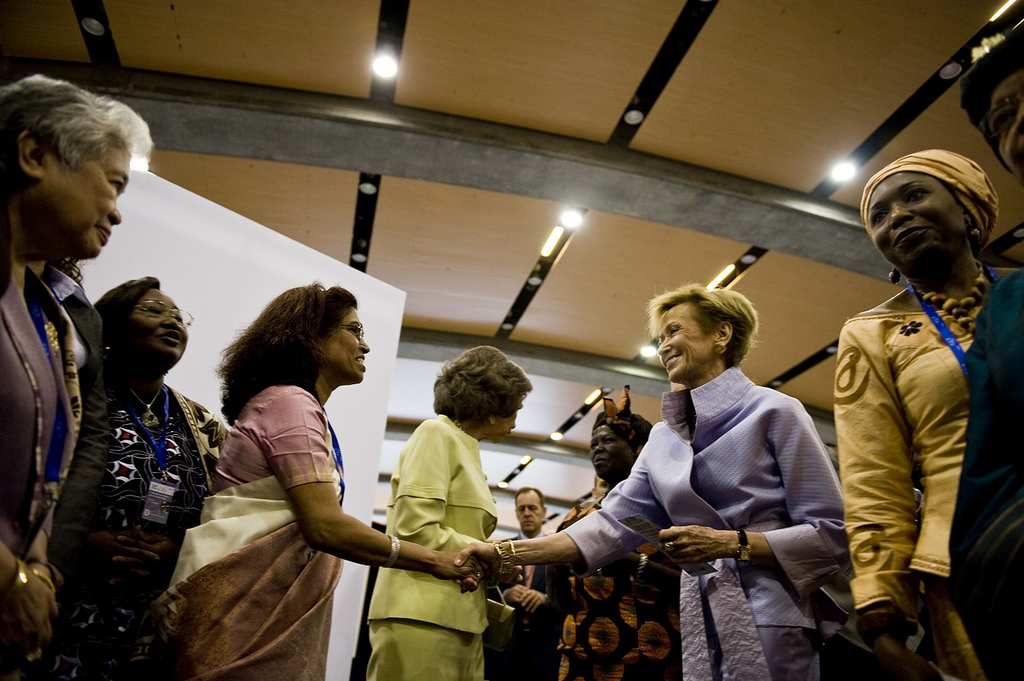
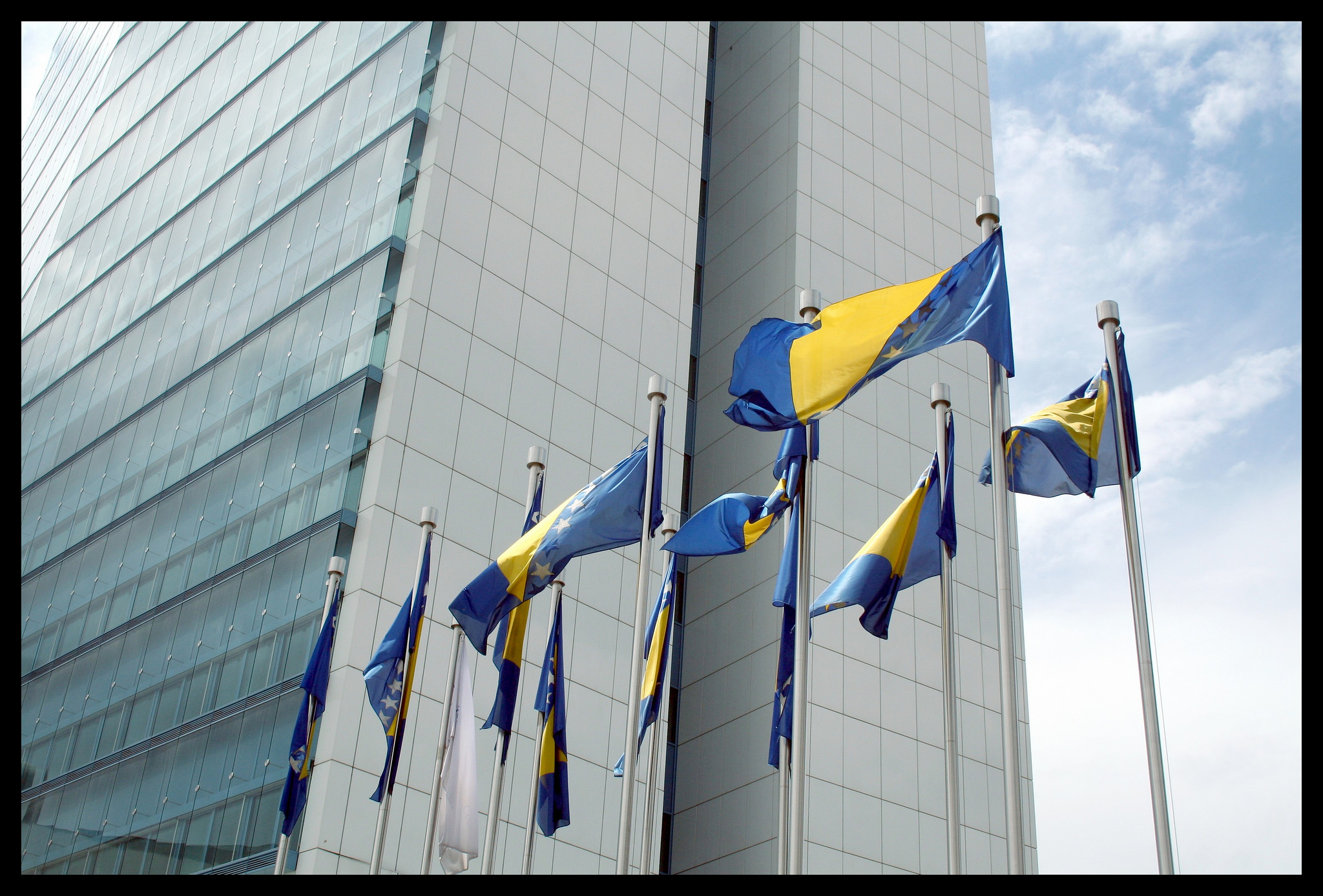

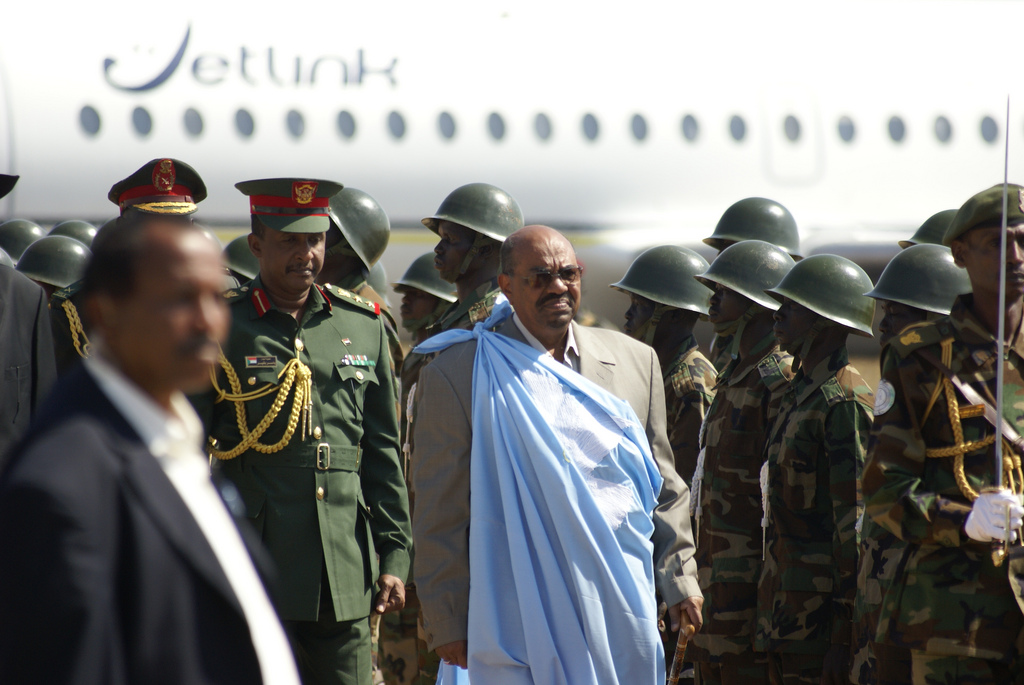
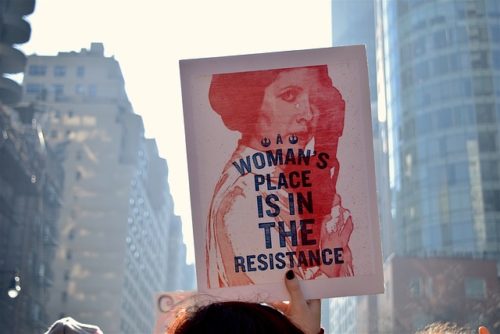
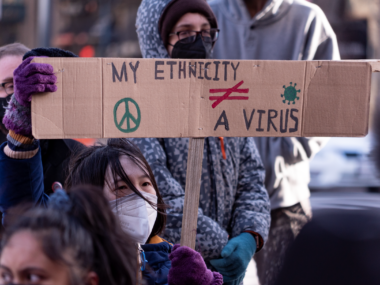
0 comments
I’m unsure if this tragedy will really lead to any permanent change in the way that Western garment manufacturers do business. I would guess that changes within Bangladesh (enforcing the laws this building owner apparently violated) are more likely.
But if it does, the newsworthy, singular character of the collapse — as opposed to smaller-scale but more common abuses and exploitation — probably explain the international attention it has received.